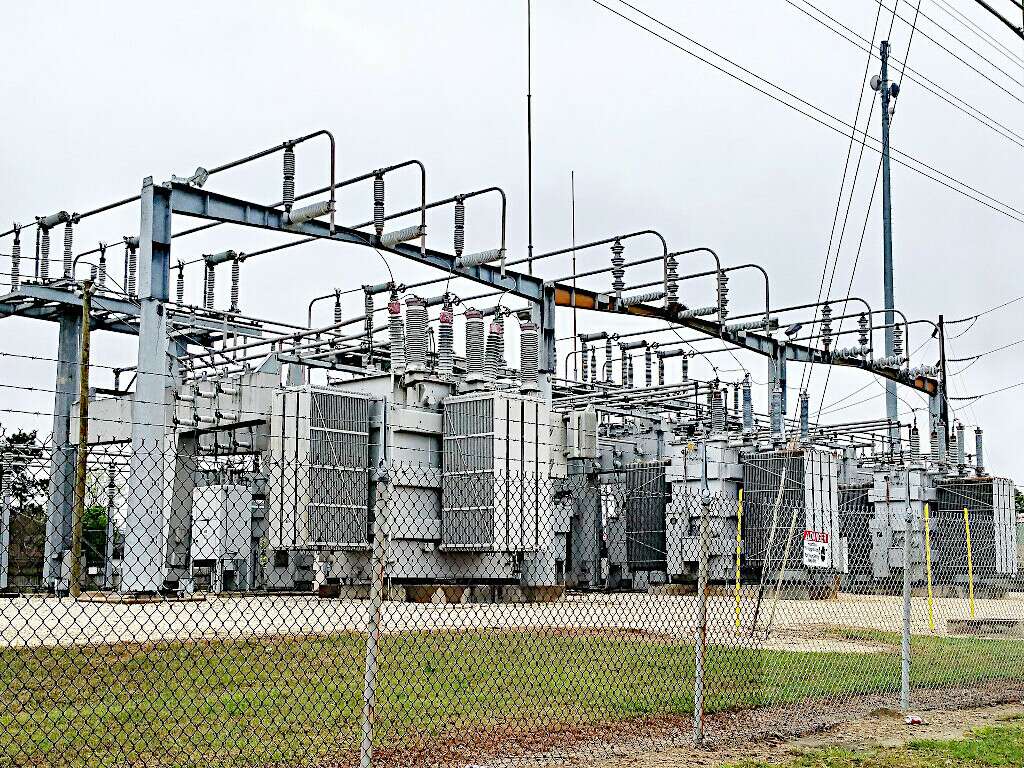Jonathan Rhodes, head of commercial valuations and Rob Burke, director of building consultancy at Cluttons, caution commercial property owners and lenders following the closure of the UK government’s consultation on Minimum Energy Efficiency Standards (MEES).
Following the closure of the MEES consultation in June this year, the property sector has a lot of work to do to reach the minimum Energy Performance Certificates (EPCs) targets.
The consultation is designed to reduce energy consumption and carbon emissions related to commercial buildings in England and Wales, and may impact property owners significantly.
In 2019 the government intended to raise the minimum standard of EPCs from the current minimum “E” rating to a “B” rating by 2030.
By 2027 an EPC rating of “C” is proposed, preceded by a two-year compliance window during which property owners will be required either demonstrate that the threshold has been achieved or that they have registered an exemption.
As a consequence, Cluttons is making the following recommendations:
For landlords
- Start to review existing properties to analyse what work will be needed to meet the various phases of compliance in the MEES consultation.
- Budgets and work plans need to be put in place, particularly for landlords that own multiple older properties, as it could be that some of these could obtain an exemption.
- When budgeting, consider likely future rises in costs when planning now
- Landlords should watch out and feed into the following two consultations on energy performance – one will look at a new rating system to measure and compare potential energy performance vs actual performance for large commercial buildings; the second will focus on mandatory non-financial reporting again for large businesses.
- Be mindful that many existing EPCs may be old and wrong, so re-running them using better software will provide greater accuracy. It will give a more transparent picture of the actual work needed in the drive to net-zero.
- Use an expert property consultant to analyse portfolios and advise on strategy, investment and activity required to meet targets.
For Lenders
- Now is an opportunity for lenders to lead the way in facilitating widespread commercial property compliance with the Government’s energy performance targets
- Lenders could work with landlords to build contingency periods and refinancing options for buildings with lengthier or more complex retrofitting requirements.
- Lenders could also consider incentivising landlords with favourable lending terms for greener buildings.
- Lenders should watch out for (and consider inputting to) the following two consultations on energy performance when considering their strategies concerning EPCs – one will look at a new rating system to measure and compare potential energy performance vs actual performance for large commercial buildings; the second will focus on mandatory non-financial reporting again for large businesses.
Although 2027 and 2030 seem a way off, this is only one cycle in property, and many things can change that affect and delay construction. Property owners must get a handle on their portfolios now to build a plan that is practical, cost-efficient and allows them time for delays and complicated work.




